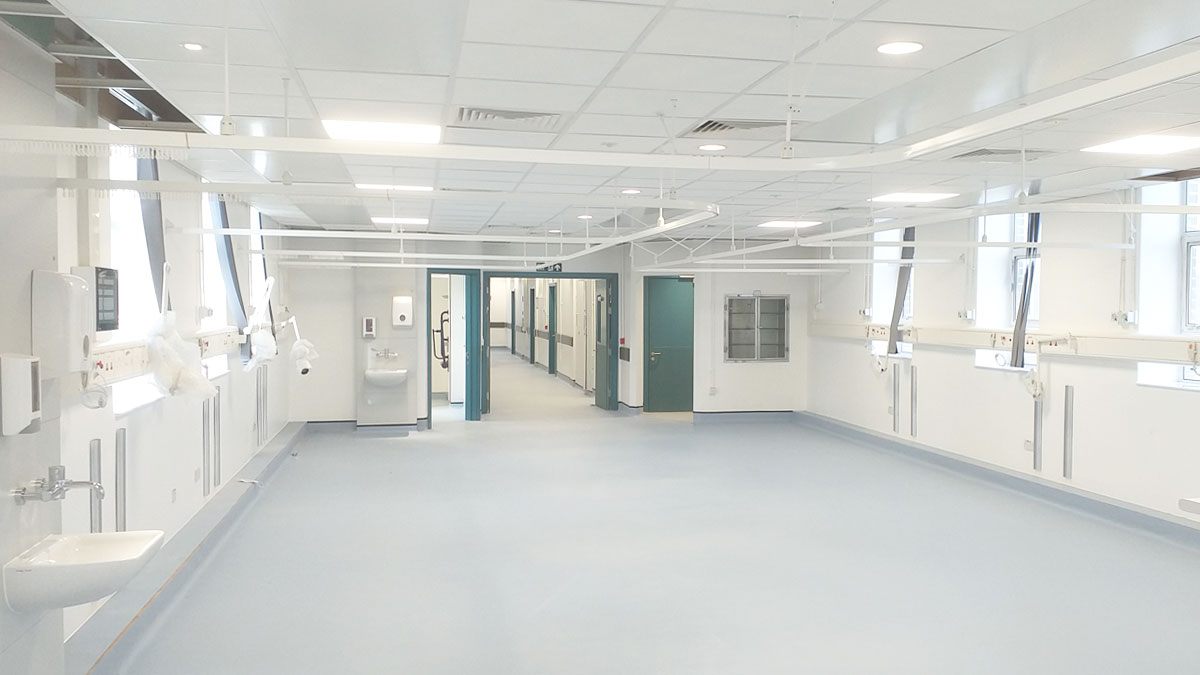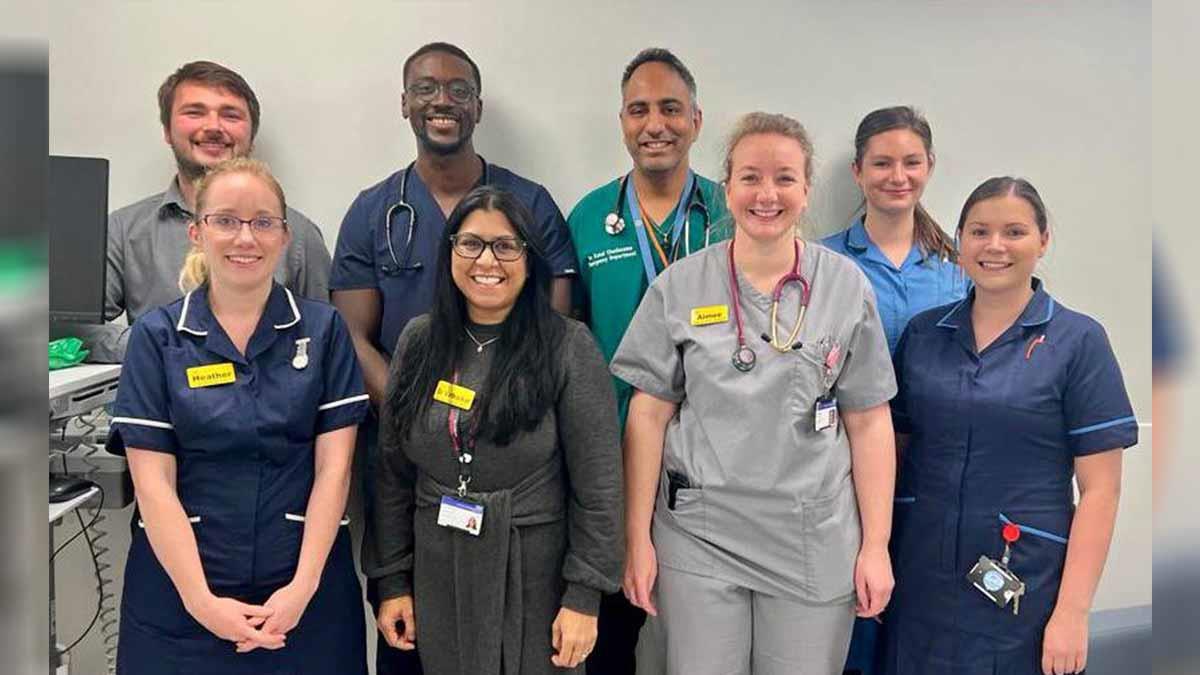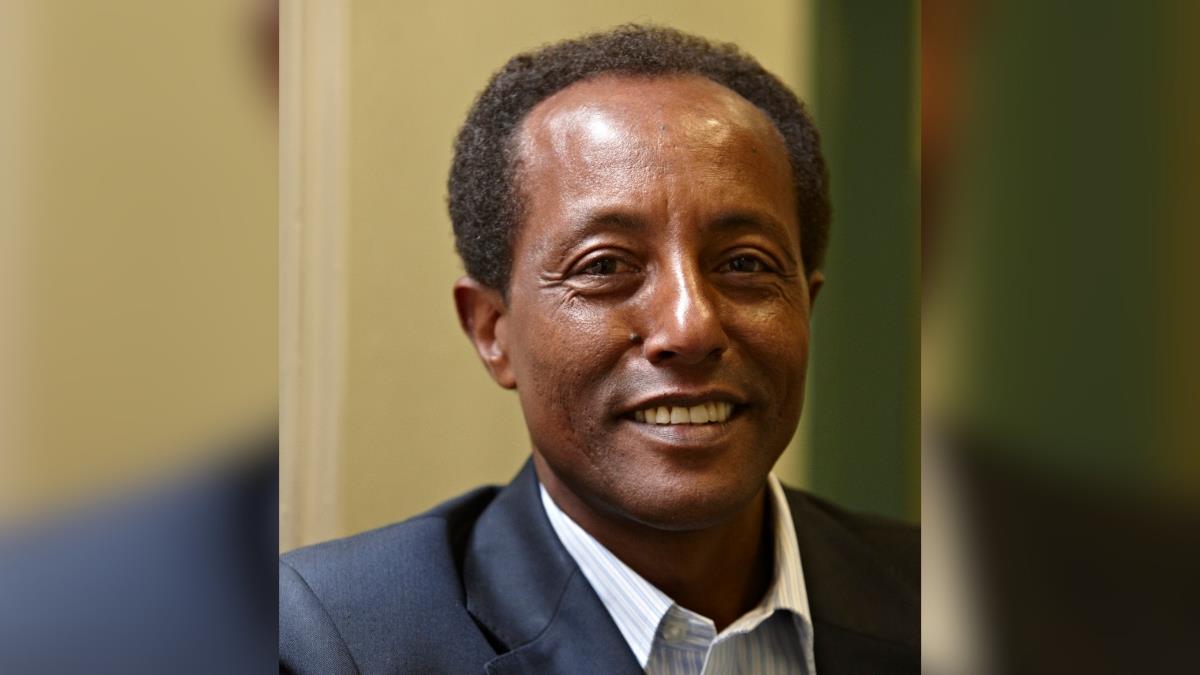New wards to tackle COVID-19 waiting lists
Published on 07/02/2022

Two new wards have opened for patients at the Queen Elizabeth Hospital Birmingham (QEHB) marking the delivery of the first new inpatient beds promised as part of the Trust’s capacity expansion plan.
The plan will help to tackle the growing waiting lists that have built up as a result of the COVID-19 pandemic.
University Hospitals Birmingham NHS Foundation Trust (UHB), which runs QEHB, was the hardest hit of any other NHS organisation in England, disproportionately experiencing 40% more COVID-19 cases than the next most-impacted trust.
Now waiting lists have grown to levels never experienced before after the Trust treated over 23,000 patients with COVID-19.
Formerly office space for many clinical and corporate colleagues, the new East 2a and East 2b wards have been refurbished to modern clinical standards, providing 47 new bed spaces for patients.
Initially, Ward East 2a will take patients and staff from Bournville Ward, currently based in West Block, with East 2b taking patients and staff from Ward West 2.
The move began on the morning of Monday 7 February 2022, with West 2 moving first shortly after breakfast, following months of careful and intense planning by the Capacity Expansion team led by Senior Operations Lead, Lynn Willets, and project managed by the Estates and Planning team.
Bournville Ward moved to East 2a after lunch at 13:30.
Chief Operating Officer, Jonathan Brotherton said: “While our hospitals are still experiencing the extremely challenging effects of the pandemic, these new wards provide both hope and reassurance for the people of Birmingham and Solihull, and our front line clinicians who strive to provide the highest possible standards of care.
“Almost 400 beds are currently occupied by patients with COVID-19 across our hospitals, with 21 in ICU, this has a huge effect on our ability to provide other treatments that we would have normally used this capacity for, however these wards will help accelerate our continued recovery and treat more patients.
“Positive signs from many of our interventions are starting to show, but right now we must say a huge thank you to the incredible and dedicated teams that made these new wards happen so quickly, from the contractors at Tilbury Douglas, to the estates, facilities, pharmacy, therapy, medical engineering, nursing team and many more – our colleagues have created excellent facilities to help us deliver on our vision to build healthier lives.”
Matron for the new wards, Rachel Green said: “The new wards provide bright, new and modern environments for patients – I’m so proud of the sheer hard work and skill that has gone into completing these spaces by the team, and I’m certain that our patients will feel more comfortable in the fantastic new surroundings.”
East 2a and East 2b are the first of seven new wards to be opened for the Trust. Works at Good Hope Hospital to bring on site two new modular wards is proceeding with enabling works beginning in the past three weeks, and detailed plans for two new wards at Heartlands Hospital are well underway.


